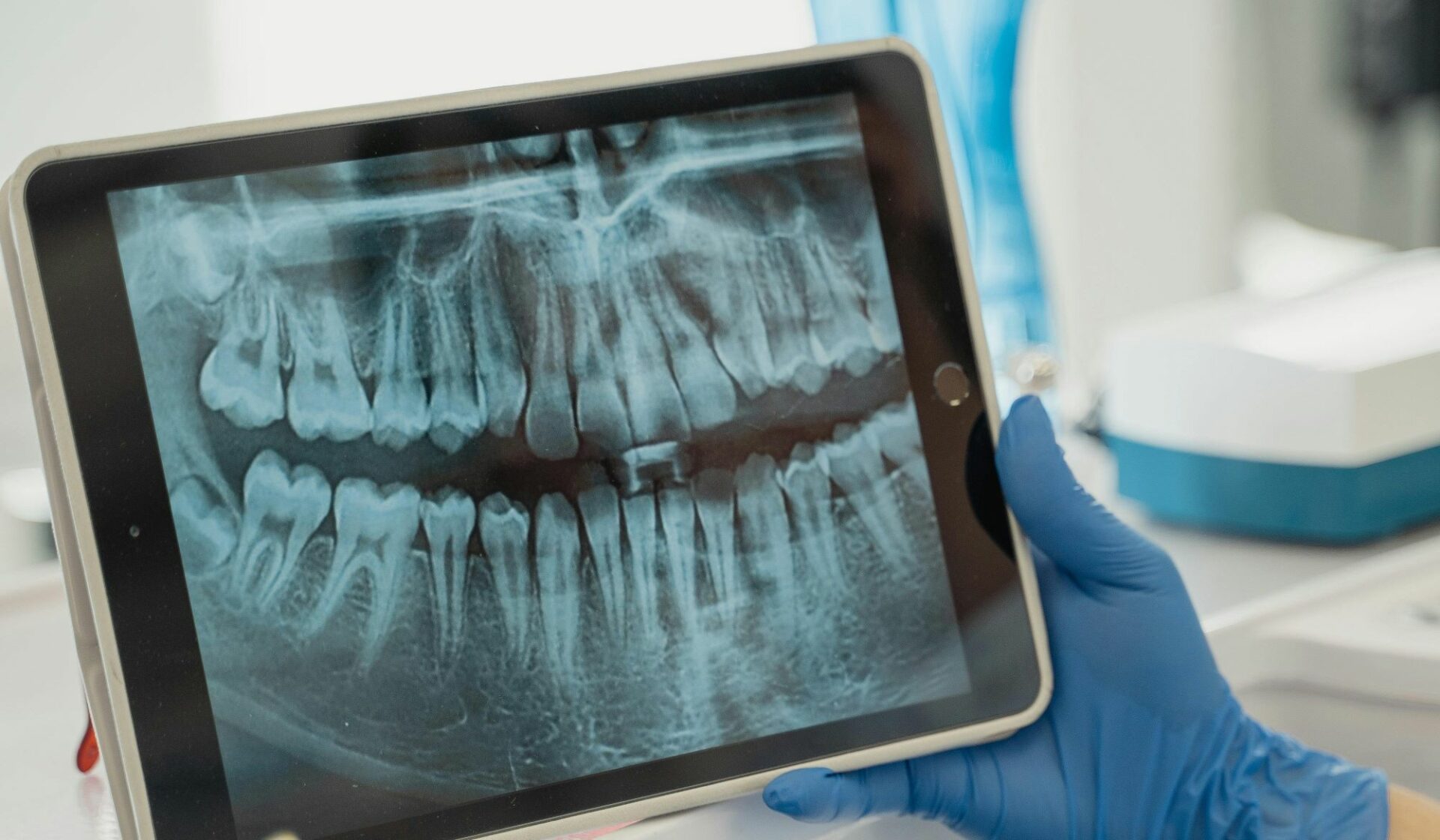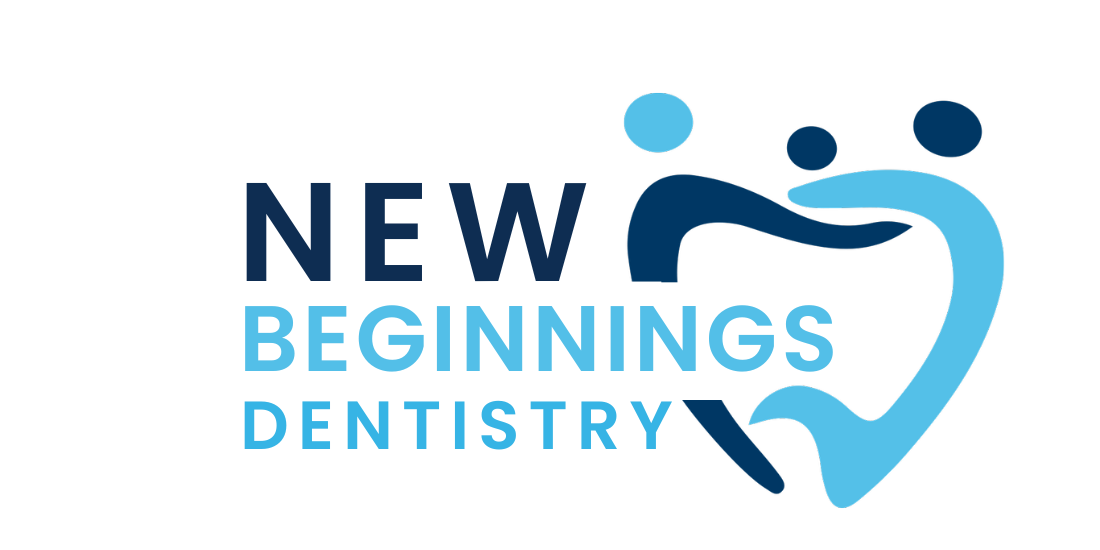
Why X-Rays Are Important in Dentistry
X-rays play a vital role in dental care, far beyond the simple task of spotting cavities. They are a cornerstone of modern dentistry, helping professionals provide accurate diagnoses, create effective treatment plans, and ensure long-term oral health. Here, we’ll explore four crucial reasons why dental X-rays are indispensable.
X-Rays Reveal Hidden Dental Problems
Dental X-rays are crucial because they reveal issues that aren’t visible during a regular check-up. A visual exam might show surface problems like plaque or gum inflammation, but X-rays can uncover hidden issues like small cavities between teeth, decay beneath fillings, or even bone loss due to gum disease.
According to Colgate, X-rays provide a comprehensive view of your oral health, enabling your dentist to spot problems early. This early detection is key to preventing minor issues from becoming major, costly problems. For instance, detecting decay between teeth early can prevent a cavity from spreading, saving you from needing more extensive treatments like root canals or crowns down the line.
X-rays can also identify cysts, tumors, and other abnormal growths in the jaw that might not be noticeable until they are more advanced. These conditions can be serious, and early detection through X-rays can significantly improve treatment outcomes. The ability to see the full picture allows dentists to provide more accurate diagnoses and tailor treatment plans specifically to your needs.
Moreover, X-rays can be vital in tracking the progress of dental conditions. For example, if you’re being treated for periodontal disease, X-rays can help your dentist monitor the bone loss around your teeth and adjust your treatment as needed. This ongoing assessment is crucial for managing chronic conditions and ensuring that treatments are working as intended.
X-Rays Are Essential for Orthodontic Treatment
For anyone considering orthodontic treatment, X-rays are indispensable. They provide orthodontists with a detailed map of your teeth, roots, and jaw alignment. According to the Cleveland Clinic, X-rays help in planning complex orthodontic procedures by showing the exact position of your teeth and any potential obstacles like impacted teeth or overcrowding.
X-rays are particularly important for children and teenagers who are undergoing orthodontic treatment. As their mouths are still developing, X-rays allow orthodontists to track the growth and movement of teeth. This information is crucial for determining the best time to start treatment and for planning how teeth should be moved into their proper positions. For instance, X-rays can reveal whether there’s enough space in the jaw for all teeth to come in, or if extractions are necessary to prevent overcrowding.
Additionally, X-rays can help in deciding whether additional treatments like palate expanders or braces are needed. They also allow orthodontists to monitor the progress of the treatment and make adjustments as needed. This ensures that the treatment is as effective and efficient as possible, reducing the time spent wearing braces and improving the final results.
X-Rays Monitor Developmental Issues in Children
For children, dental X-rays are an essential tool for monitoring the development of their teeth and jaws. As Access Dental Clinics explains, X-rays can detect problems early in a child’s life that could impact their oral health as they grow. This includes monitoring how new teeth are coming in, identifying potential issues with spacing, and spotting teeth that might be impacted.
Early detection of these developmental issues is crucial for timely intervention. For example, if a child’s teeth are coming in crooked or there’s not enough space in the jaw, early treatment can guide the teeth into the correct positions and avoid more invasive procedures later on. X-rays can also detect missing or extra teeth, which can significantly impact a child’s oral development.
X-rays are also vital for planning preventive treatments. For instance, if X-rays reveal that a child is at risk of developing cavities between their teeth, a dentist might recommend preventive measures such as dental sealants or fluoride treatments. These proactive steps can help protect a child’s teeth and reduce the need for more extensive treatments in the future.
Moreover, for children who are prone to cavities or have a history of dental problems, X-rays allow dentists to keep a close eye on their oral health and adjust their care plan as needed. This ongoing monitoring is essential for ensuring that any issues are caught early and treated promptly, keeping the child’s teeth healthy as they grow.
X-Rays Detect and Monitor Serious Conditions
Dental X-rays are not just for finding cavities—they are also crucial for detecting and monitoring serious conditions like tumors, cysts, and abscesses. Panoramic X-rays, which provide a broad view of the entire mouth, can reveal these types of conditions early, when they are most treatable.
For example, a tumor in the jaw might not cause symptoms until it has grown large enough to be a serious concern. However, a panoramic X-ray can reveal its presence early, allowing for prompt treatment. Similarly, cysts and abscesses, which are pockets of infection, can be detected through X-rays before they cause significant pain or damage to the surrounding teeth and bone.
X-rays are also used to monitor these conditions over time. If a tumor or cyst is detected, regular X-rays can help your dentist or specialist track its growth and determine whether treatment is working. This ongoing monitoring is crucial for managing these conditions and ensuring that any changes are caught early.
In some cases, X-rays can also be used to assess the success of treatments like root canals or implants. For instance, after a root canal, X-rays can confirm that the infection has been fully cleared and that the tooth is healing properly. This helps to ensure that the treatment has been successful and that there are no lingering issues that could cause problems in the future.
Conclusion
In conclusion, dental X-rays are an indispensable tool in modern dentistry. They allow for the early detection of hidden problems, provide essential information for orthodontic treatment, monitor the development of children’s teeth, and detect and manage serious conditions. By getting regular X-rays as recommended by your dentist, you are taking an important step in protecting your oral health and ensuring that your smile stays healthy for years to come.
Whether you’re dealing with routine dental care or more complex treatments, X-rays provide your dentist with the information they need to deliver the best possible care. So next time you’re at the dentist, remember that those quick X-rays are doing a lot more than you might think. They’re helping to keep your entire mouth healthy and happy.
New Beginnings Dentistry offers the excellent dental care you deserve. Our team ensures your X-rays and all other parts of your dental health are provided for stress-free. Schedule an appointment today!
